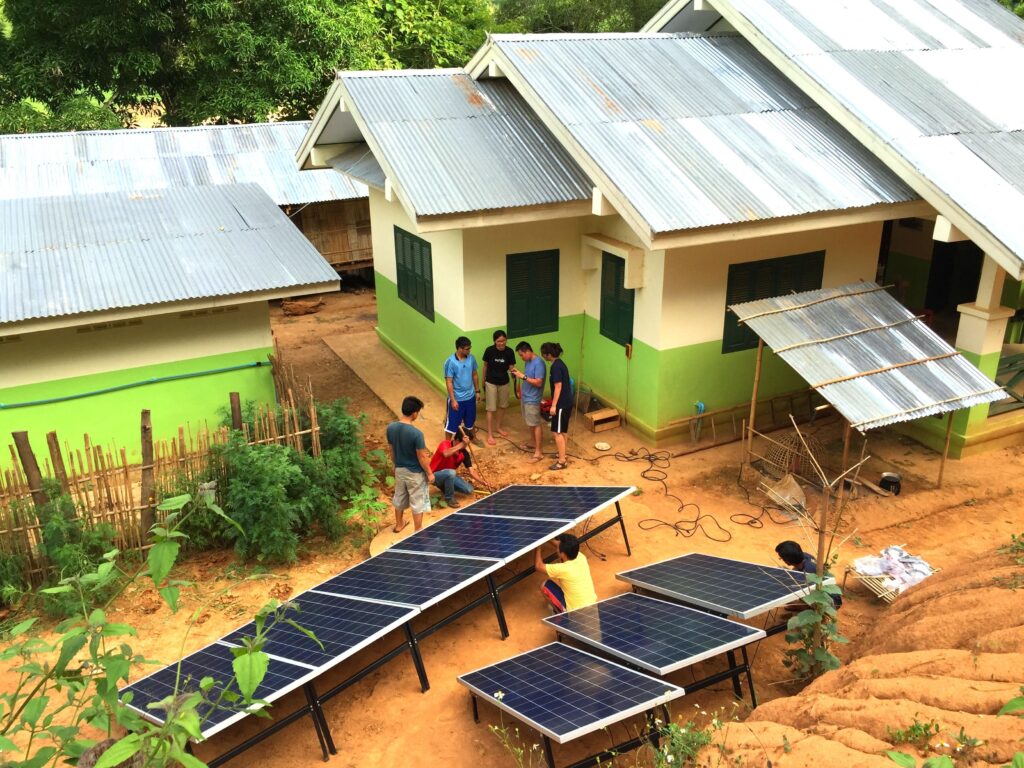Installing solar panels in rural areas to generate electricity can offer numerous benefits, including providing access to clean and sustainable energy sources. However, there are several factors and conditions to consider before installing solar panels in rural settings.
- Sunlight Availability: Solar panels require ample sunlight to generate electricity. Before installation, assess the solar potential of the area by analyzing the average daily sunlight hours and shading from trees, buildings, or other obstructions.
- Site Selection: Choose an installation site with minimal shading, preferably on a south-facing slope or open area. Avoid areas prone to flooding or high wind speeds that could damage the panels.
- Energy Needs: Determine the energy needs of the rural community or individual households. Calculate the amount of electricity required to power lights, appliances, and other equipment. This will help determine the size of the solar panel system needed.
- System Size: Size the solar panel system appropriately to meet the energy demands. Consider factors such as available space for panels, energy storage (batteries), and future growth in energy needs.
- Off-Grid vs. Grid-Tied: Decide whether the solar system will operate independently (off-grid) or be connected to the grid. Off-grid systems require energy storage (batteries) to store excess energy for use during periods of low sunlight.
- Permitting and Regulations: Check local regulations and permitting requirements for solar panel installations. Some areas may have zoning regulations or building codes that need to be followed.
- Budget and Funding: Determine the budget for the solar panel installation. This includes costs for solar panels, mounting hardware, inverters, batteries (if applicable), installation labor, and maintenance.
- Maintenance and Repairs: Consider the availability of maintenance services and replacement parts. Solar panels require occasional cleaning and may require repairs or replacements over time.
- Community Engagement: Engage with the local community to gather input and support for the solar panel installation. This could involve discussions with residents, community leaders, and relevant stakeholders.
- Education and Training: Provide education and training on how to use, maintain, and troubleshoot the solar panel system. This empowers residents to make the most of the technology and address minor issues themselves.
- Sustainability: Ensure that the installation is sustainable in the long term. This includes addressing environmental impacts, proper waste disposal, and considering the lifecycle of the solar panels.
- Security: Address the security of the solar panels and related equipment to prevent theft or vandalism. This may involve installing security measures or choosing secure installation sites.
Ultimately, successful solar panel installations in rural areas require thorough planning, community involvement, and a comprehensive understanding of the local conditions and needs.


